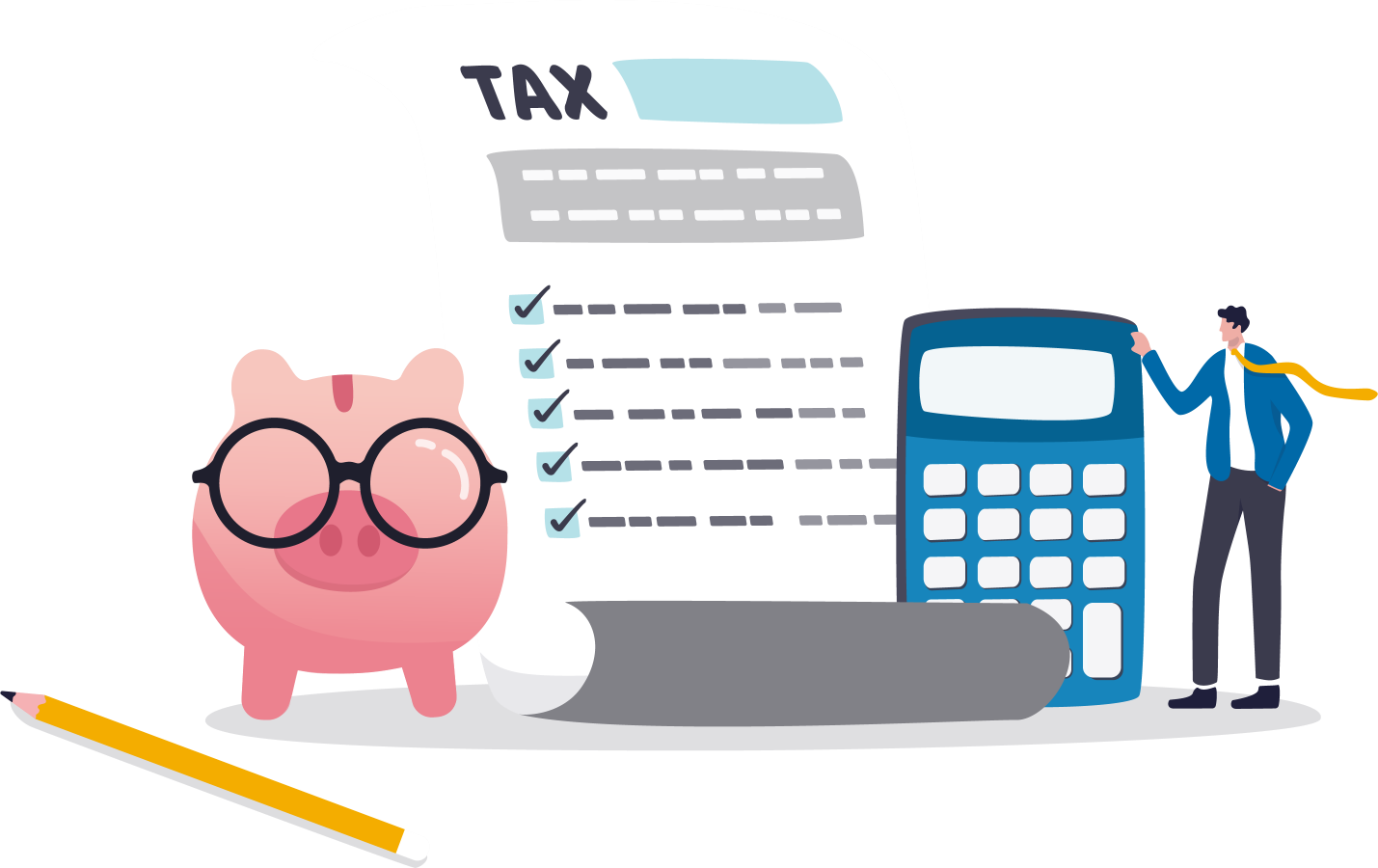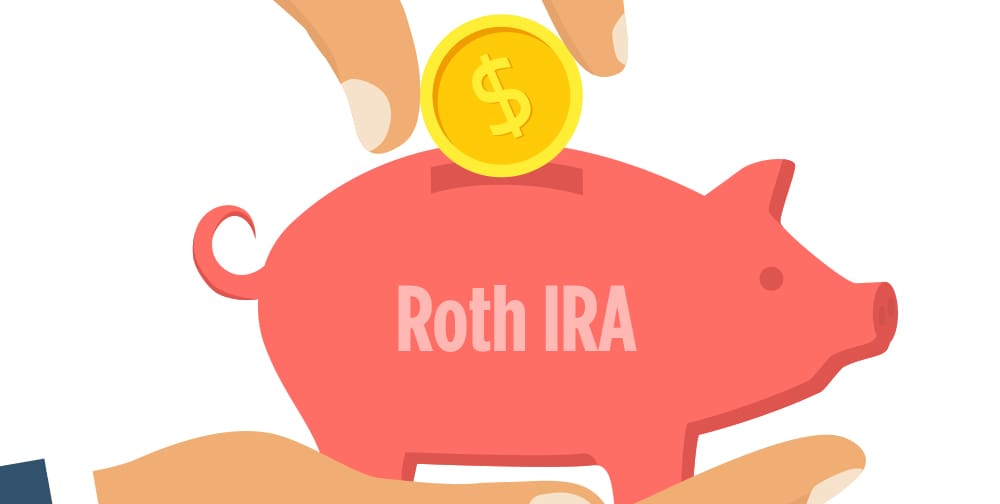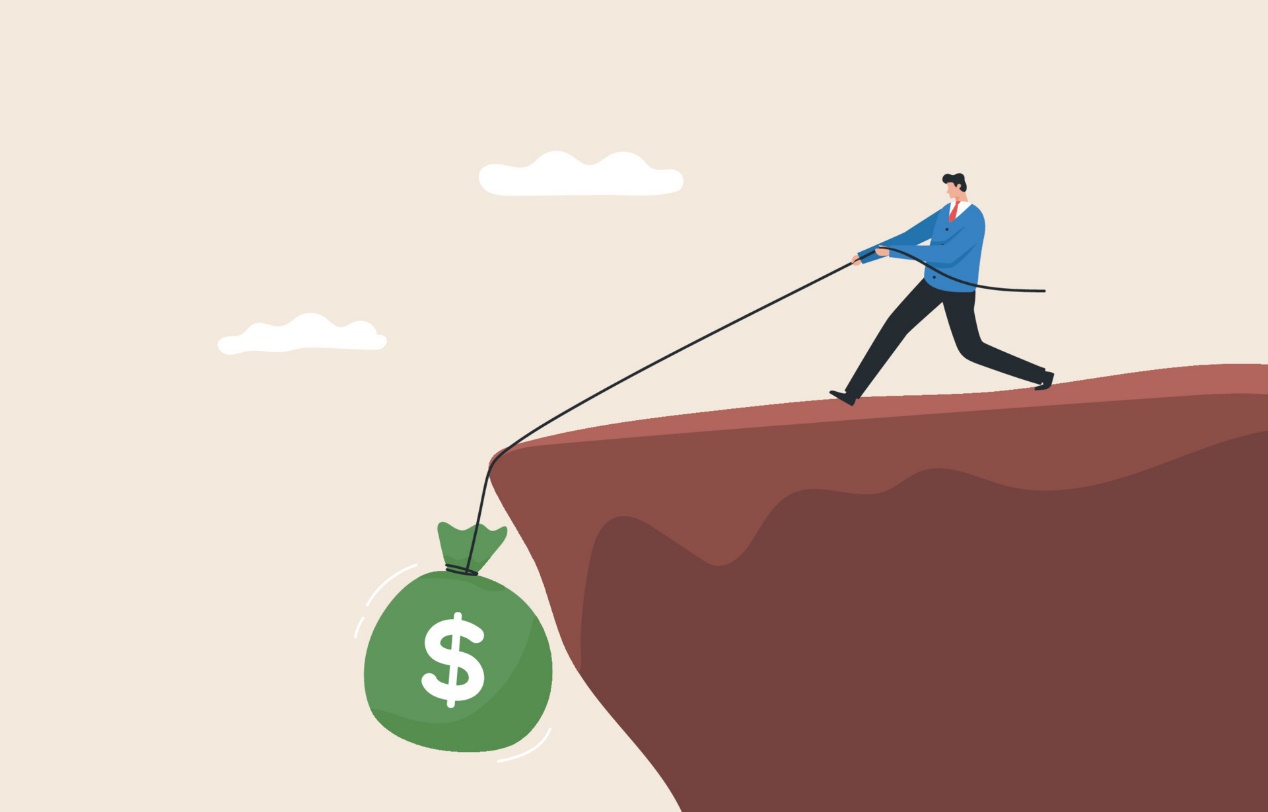
It is wise to prepare for retirement, and knowing how to optimize your tax incentives can make a big difference in your income in the future. Correct tax management of retirement accounts matters for those who are just brushing up on their first job and for others who enjoy retirement.
1. Contribute to a Special IRA
The best investment for reducing taxes is the Traditional IRA. Deductions to a Traditional IRA are usually made from gross income, reducing taxable income for a given fiscal year. The funds in the account are allowed to grow tax-free, implying that one cannot pay taxes on the money until retirement age, when they start to take the money out of the account.
2. Maximize Your 401(k) Contributions
Once again, and for the last, if your employer provides for a 401(k) plan, maximize it to the best of your capabilities. The money is contributed to a 401(k) plan before the tax calculation on the salary earned, hence crucifying your taxable income. Employers may also make matching contributions, which are money towards your retirement fund, which is free money. One should put in at least enough to get the employer match.
3. Consider a Roth IRA

However, it is essential to note that while contributing, the money used is taken from the gross income, and one does not get to deduct this amount when filing taxes like in the Traditional IRA. There is no tax deduction at the initial stage of investing, but the money invested grows free of taxes, and withdrawing it for further expenses in the post-retirement life is also tax-exempt
4. Take Advantage of Catch-Up Contributions
The catch-up rules for contributions to retirement plans are as follows: If you are 50 years old and above, you can contribute to retirement plans. You can contribute more than the minimum allowed, thus adding more value to your retirement investments and claiming less taxes.
5. Use the Health Savings Account, HSA
In particular, an HSA might be a handy retirement savings mechanism. Both the amount deposited into an HSA and the earnings are tax-free. It is also essential to know that any money drawn from HSA to pay is tax-free. From age 65, you can use HSA money for non-medical purposes without a fine, but you will be charged the equivalent of the taxes you pay on your income.
6. Let’s mention a Backdoor Roth IRA
Some people have way too much income to be able to contribute to a Roth IRA directly, so there’s a workaround known as a backdoor Roth IRA. Several plans under this approach are to contribute to Traditional IRA and later perform conversion to Roth IRA. You will pay tax on the converted amount, but the future growth and the subsequent distribution will be tax-exempt.
7. Diversify Your Taxable and Tax-Deferred Accounts

This allows you to leave treasures in both the taxable accounts and the tax-sheltered areas so that you can devise useful strategies for interacting with taxes during retirement. It means that by having different types of accounts, it is possible to withdraw optimum money, which will enable you to pay less taxes.
8. Rethink Your Investment Strategy
One way to invest for taxes is to identify investments that will produce less taxable income, such as index funds or ETFs. Investing in tax-sheltered vehicles enables one to defer tax on gains, and variable investments should be made in taxed accounts to benefit from lower taxes on profits.
9. Plan for Required Minimum Distributions (RMDs)
When it comes time to retire, you must take the required minimum distributions from your Traditional IRA and 401(k), which will be part of the portion. All these RMDs are recognized as revenues and should be provided for earlier. One should also consider dragging out the withdrawals to a point where one will pay minor taxes on all the withdrawals.
Conclusion
Evaluating strategies for saving taxes for your retirement accounts is essential to secure your financial life. If you learn and apply those strategies efficiently, you can increase your savings, decrease taxes, and properly plan your retirement. Begin preparing today to maximize the benefits derived from retirement savings.




